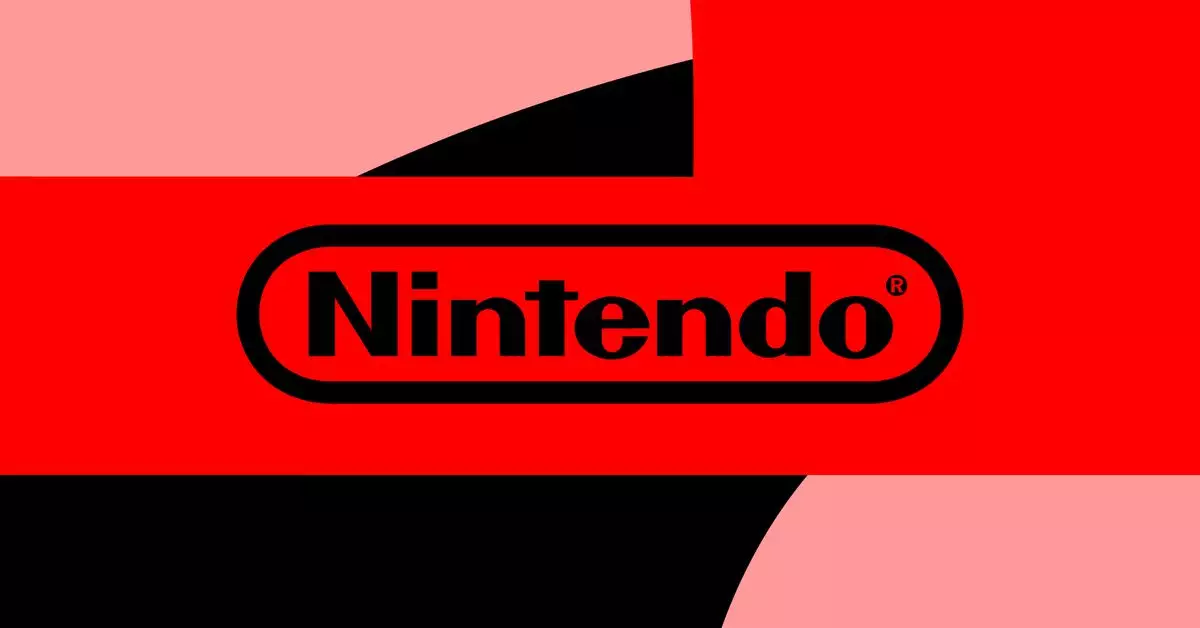As the gaming industry stands on the precipice of innovation, fans are eagerly awaiting the successor to the Nintendo Switch. While Nintendo has yet to unveil any concrete details regarding this new console, the assurance that it will support current Switch games and maintain continuity in Nintendo Switch Online services is a significant development. During their recent midyear policy briefing, Nintendo executives hinted that more details would emerge “at a later date,” igniting discussions among the gaming community about what this could mean for the future.
The successful marketing and compelling features of the Switch have set high expectations for its successor. With a staggering 4.72 million units sold in the last quarter alone, the Switch remains a formidable player in today’s console arena. Despite a 31 percent drop compared to the same period last year, this figure is a testament to the Switch’s overall longevity. Cumulatively, Nintendo has shipped 146 million units since the console’s launch, setting a new benchmark for software sales on Nintendo platforms, with an impressive 1.3 billion games sold by September 30th, 2024.
Nintendo’s online subscription service has also shown intriguing patterns. Although membership numbers have dipped slightly from previous years, the rise in subscriptions to the Expansion Pack variation indicates a growing appetite for exclusive content and a more comprehensive gaming experience. This trend is reflective of changing consumer preferences – players are increasingly willing to pay for a richer library of games, particularly as nostalgia for classic titles intensifies.
Yet, the challenge of maintaining a robust online framework remains. As game libraries expand and more gamers join the platform, ensuring a seamless online experience will be paramount. The expectation is clear: gamers want both new titles and access to nostalgic favorites, pushing Nintendo to innovate not just in hardware but also in its service offerings.
One major aspect of modern console development is backward compatibility, a feature that has proven inconsistent across various platforms. For gamers, this means navigating a landscape filled with uncertainty, particularly concerning classic Nintendo titles. While the Xbox Series X and PlayStation 5 predominantly support backward compatibility, the transition from the Wii U to the Switch brings its own unique hurdles – an impediment to enjoying the rich history of Nintendo’s gaming library.
Currently, the nostalgia associated with older Nintendo games relies heavily on hope. Players look for remastered versions or expect popular classics to become part of the Switch Online library. However, Nintendo has indicated that the forthcoming Switch successor will not significantly alter this dynamic. Transitioning to a new console often leads to the disappearance of older titles, further complicating access and putting many beloved games at risk of obscurity.
This ongoing challenge is compounded by the larger issue of video game preservation, which has gained traction in gaming discourse. A report from the Video Game History Foundation starkly states that 87 percent of games released before 2010 are now “critically endangered” or unavailable for modern purchase. While Nintendo has made efforts to resurrect some of its classic titles through the Switch, many remain elusive, and the urgency for a solution continues to grow.
As players invest emotionally and financially in gaming ecosystems, the risk of losing access to past titles raises questions about the legacy of gaming as a medium. Gamers increasingly advocate for measures that ensure the longevity of their favorite titles, pushing for remakes, ports, and digital access to win back lost history.
As we look ahead to the future of Nintendo, it’s clear that the path is fraught with both excitement and uncertainty. The looming release of the Switch’s successor has the potential to reshape the gaming landscape while also raising questions about the preservation of cherished classics. Nintendo’s ability to balance innovation with the demands of a diverse gaming community will be critical to its success.
In a world where gaming culture continues to evolve, the expectations surrounding the next generation of consoles—including their capabilities for backward compatibility and preservation—will play an essential role in defining the industry’s future. Nintendo stands at a crossroads, and how it decides to navigate these challenges will undoubtedly dictate its legacy in the ever-expanding realm of gaming.

